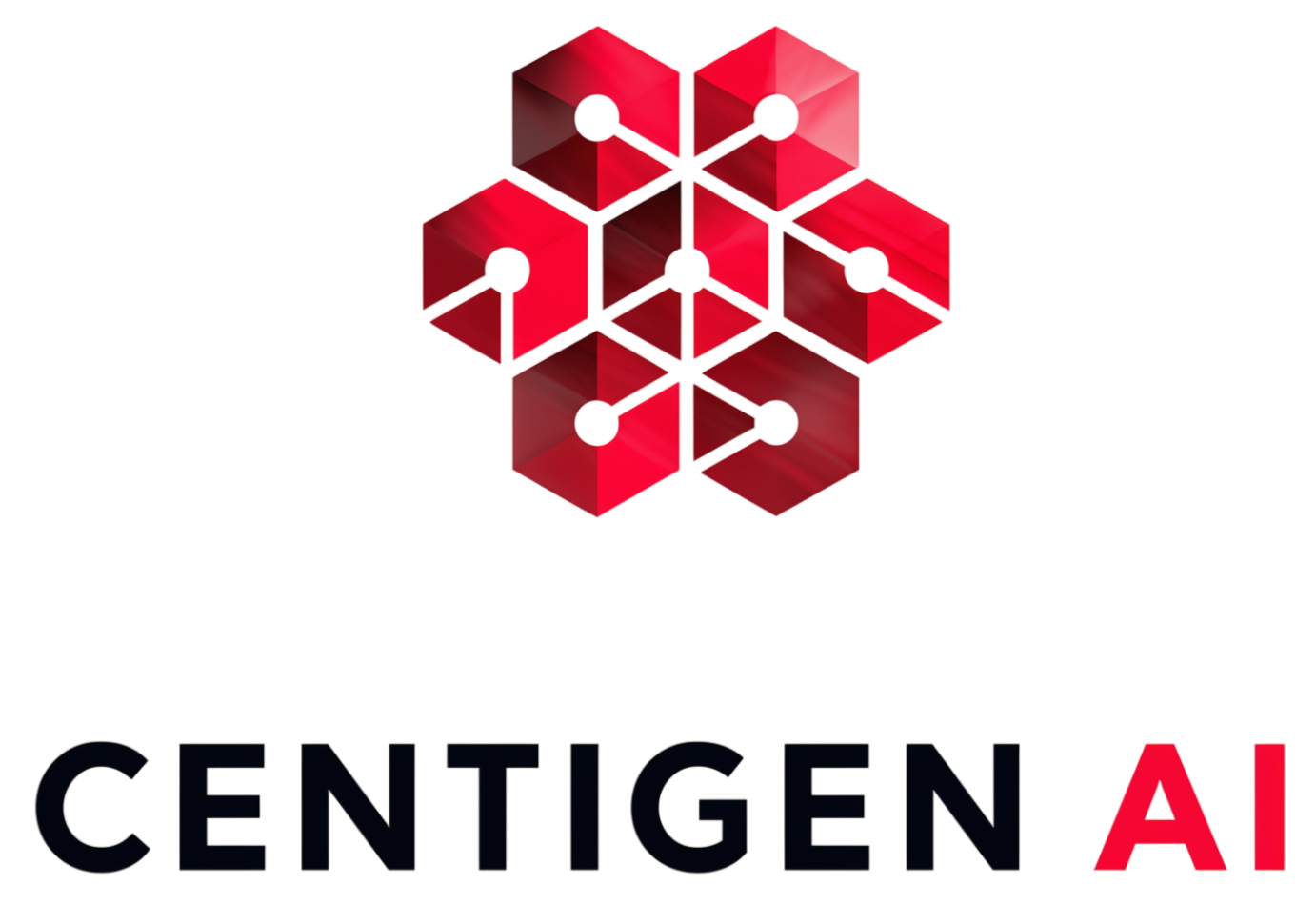Artificial Intelligence (AI) has come a long way, and AI agents are leading the charge in transforming how we interact with technology. From personal assistants that remind you of meetings to complex systems that optimise business processes, AI agents are everywhere. Let’s dive into what AI agents are, how they’re evolving, and what Microsoft CEO Satya Nadella recently shared about their future—plus how they’re reshaping the SaaS industry.
What Are AI Agents, and Why Should You Care?
Think of AI agents as your tech-savvy assistants who never take a coffee break. They’re software programs designed to perform tasks for you, whether it’s as simple as scheduling an appointment or as intricate as analysing vast datasets to predict trends. AI agents use advanced algorithms, machine learning, and natural language processing to understand, learn, and adapt to your needs.
You might already be using AI agents without even realising it. Siri, Alexa, and Google Assistant are perfect examples. They’ve become so integrated into our lives that you probably can’t imagine a world without them.
But here’s the kicker: AI agents aren’t just about convenience. They’re becoming smarter, more intuitive, and capable of reshaping industries. From automating repetitive tasks to enhancing decision-making, they’re streamlining workflows and freeing up time for what truly matters.
The Future of AI Agents According to Microsoft’s CEO
In a recent interview, Satya Nadella, CEO of Microsoft, shared his vision for the future of AI agents. Nadella emphasised how these intelligent systems are set to revolutionise not just individual productivity but entire industries. He mentioned that AI agents are evolving beyond basic automation to become tools that can deeply understand human intent and context.
“AI agents will enable organizations to do more with less,” Nadella said, highlighting their role in increasing efficiency and reducing costs. He also spoke about Microsoft’s commitment to integrating AI agents into its suite of tools, such as Microsoft 365 Copilot, which uses AI to assist with writing emails, creating presentations, and analysing data. These aren’t just features; they’re stepping stones toward a future where AI agents act as co-creators in our daily tasks.
Nadella’s optimism about AI agents reflects a broader industry trend. Companies worldwide are investing heavily in AI development to create agents that can tackle complex problems with minimal human intervention. The goal? To make technology more human-like, empathetic, and, ultimately, more useful.
How AI Agents Are Redefining Industries and SaaS
AI agents aren’t just cool gadgets for tech enthusiasts. They’re game-changers across multiple sectors. Here are some of the ways they’re making a difference:
- Healthcare: AI agents are assisting doctors by analysing patient data, suggesting treatment options, and even monitoring patients remotely. This reduces workload and improves accuracy.
- Finance: From fraud detection to personalised financial advice, AI agents are transforming how banks and financial institutions operate. They analyse data in real-time to make smarter decisions.
- Education: AI agents are personalising learning experiences for students. They provide tailored content, track progress, and even answer questions.
- Customer Service: Chatbots and virtual assistants powered by AI are resolving customer queries faster and more efficiently than ever.
- SaaS (Software as a Service): AI agents are revolutionising SaaS platforms by enabling smarter automation, personalised user experiences, and predictive analytics. For instance, AI can identify user pain points, optimize workflows, and even suggest new features based on usage patterns. SaaS providers that integrate AI agents are delivering more value to customers while reducing churn and operational costs.
- Manufacturing: Automation is the buzzword here. AI agents are optimising supply chains, monitoring equipment, and ensuring safety in factories.
The common thread? AI automation is making processes faster, smarter, and more reliable. And this is just the beginning.
Why AI Agents Matter for Your Future
Whether you’re a business owner, a student, or someone just trying to get through their to-do list, AI agents can make your life easier. They save you time, reduce errors, and even handle tasks you’d rather avoid. The beauty of AI agents lies in their adaptability. As technology advances, these agents will become even more tailored to individual needs, making them indispensable.
For SaaS companies, the implications are massive. AI agents will make platforms more intuitive and user-focused. Imagine a SaaS tool that not only helps you complete a task but also suggests ways to improve efficiency or warns you of potential issues before they occur. The integration of AI agents in SaaS isn’t just a trend; it’s a necessity for staying competitive in a rapidly evolving market.
So, what’s next? Experts predict that AI development will focus on making agents more proactive. Imagine an AI that not only schedules your meetings but also identifies patterns in your work habits and suggests improvements. Or one that understands your mood based on your tone and adjusts its interactions accordingly. The possibilities are endless, and companies like Microsoft are at the forefront of making these ideas a reality.
Wrapping It Up
AI agents are no longer just a futuristic concept; they’re here and rapidly evolving. With leaders like Microsoft’s Satya Nadella championing their potential, it’s clear that these intelligent systems will play a pivotal role in shaping our future. From AI automation in industries to personal productivity tools, and especially in the SaaS space, the impact of AI agents is undeniable.
So, the next time your AI assistant helps you out, remember: you’re not just using a gadget. You’re experiencing the future of AI development in action.
Ready to Transform Your Business?
Schedule a free 30-minute AI consultation call to see how we can supercharge your business.




